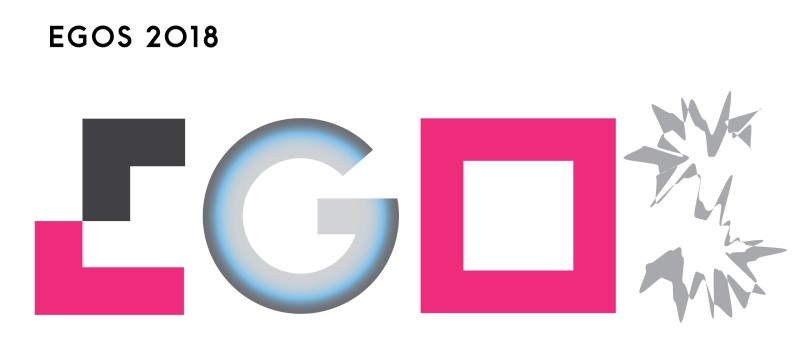Sub-theme 45: Power, Inclusion and Intersectionality in Organizations
Call for Papers
Developing knowledge aimed at making organizations more inclusive may be a journey full of surprises. Moreover, embarking
on research on organizations from equality and diversity perspectives, often means making unexpected discoveries about the
nature of organizations, relationships, dynamics and processes that remained hidden from the view and unspoken of (Tatli &
Ozbilgin, 2012a). For example, understanding organizations from a binary category of disadvantage such as gender (Bendl, 2008)
may hide how exclusion is based on an intersection of different social relations including gender identity, race, sexual orientation,
age and ability (Acker, 2012; Holvino, 2010).
Equality, diversity and inclusion research enables us to recognise
the power-laden nature of the taken-for-granted, and pushes us towards unpacking and questioning key constructs we use such
as worker, identity, management and organizations, merit, working time and space. Intersectional analysis of power, inclusion
and exclusion is therefore fundamental to understanding the experiences of workers as well as practices of organizing. In
this sub-theme, we aim to open up a conversation about intersectionality of identity categories such as gender, age, sexual
orientation, race/ ethnicity, disability and so on, but also about the intersectionality of discursive and material domains
of organizational processes.
Organizational power relations in turn are co-generated through layers of intersectionality
at individual, structural, discursive and material levels. The subsequent dynamics of inclusion and exclusion are in turn
interrelated and mutually reinforcing. For example, scholarly knowledge necessary for adapting the physical structures of
organizations to disabled workers, needs to incorporate the discursive construction of the able bodied worker as well. And
to fully understand the social construction of the able bodied workers, we need to incorporate the whiteness, masculinity
and age dimension of this construction as well (Williams & Mavin, 2012).
Another example is the material
dimension of the gender pay gap. Introducing policies to address this issue may not be possible without addressing underlying
discursive dimensions of job value that also have heteronormative and racial dimensions. Finally, to fully understand inclusion
and exclusion in organizations scholars may need to identify emergent and situated social categories of diversity as embedded
in a specific time and place, rather than adopting pre-established social categories (Tatli & Ozbilgin, 2012b).
This sub-theme invites scholarly contributions that examine:
Power processes in organizations from the angle of inclusion and intersectionality
The intersection of multiple social categories, like gender, race, sexual orientation, age and ability in organizations
Development or evaluation of policies and interventions aimed at making organizations more inclusive
We welcome conceptual papers, empirical papers and reflections
on the implementation of interventions aimed at supporting organizational inclusion.
References
- Acker, H. (2012): “Gendered organizations and intersectionality: problems and possibilities.” Equality, Diversity and Inclusion: An International Journal, 31 (3), 214–224.
- Bendl, R. (2008): “Gender subtexts – reproduction of exclusion in organizational discourse.” British Journal of Management, 19, S50–S64.
- Holvino, E. (2010): “Intersections: The Simultaneity of Race, Gender and Class in Organization Studies.” Gender, Work & Organization, 17, 248–277.
- Tatli, A., & Özbilgin, M. (2012a): “Surprising intersectionalities of inequality and privilege: the case of the arts and cultural sector.” Equality, Diversity and Inclusion: An International Journal, 31, 249–265.
- Tatli, A., & Ozbilgin, M. (2012b): “An Emic Approach to Intersectional Study of Diversity at Work: A Bourdieuan Framing.” International Journal of Management Reviews, 14, 180–200.
- Williams, J., & Mavin, S. (2012): “Disability as Constructed Difference: A Literature Review and Research Agenda for Management and Organization Studies.” International Journal of Management Reviews, 14, 159–179.


